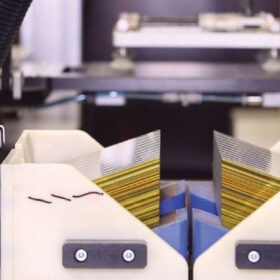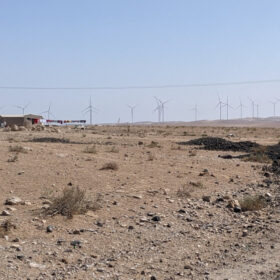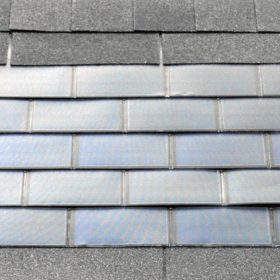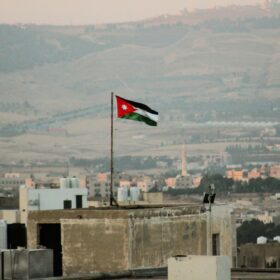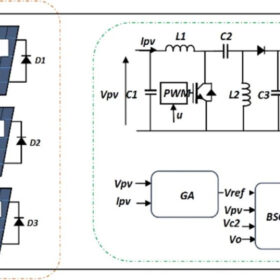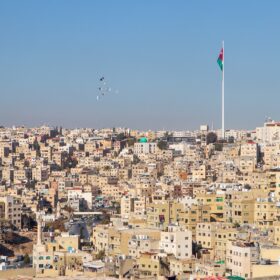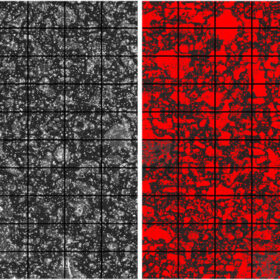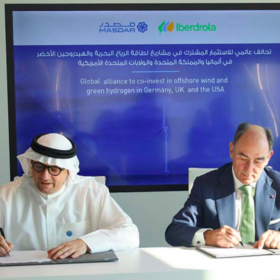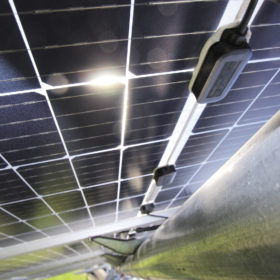A gulf between PV ambition and testing facilities
Though it already hosts several of the world’s largest PV installations, the Middle East and North Africa (MENA) region’s solar industry is still young, with limited local infrastructure and expertise. Project developers are learning quickly that building PV in harsh desert environments requires a careful eye on quality. New testing laboratories are looking to meet demand.
Jordanians eager to embrace renewable energy
According to a new survey, 91% of respondents support the expansion of renewable energy sources in Jordan. Strategic interests of geopolitical actors, in particular the US, are seen as hindering the country’s energy transition, however.
Dynamic modeling for building-integrated photovoltaic-thermal systems
Researchers in the Middle East have conducted a series of simulations to assess the technical and economical feasibility of building-integrated photovoltaic-thermal systems. The proposed framework could apply to various building types and geographical locations.
Jordan launches tender for solar energy systems
The Jordanian government has launched a tender for 3 kW solar energy systems for homes of National Aid Fund beneficiaries. The deadline for applications is July 4.
New approach to improve MPPT in partially shaded PV systems operating at high temperatures
The novel methodology is reportedly able to track global maximum power point and reduce power losses in partially shaded PV systems by up to 33%. It uses a backstepping controller (BSC) algorithm to adjust the pulse width modulation signal and a genetic algorithm to compute the BSC gains to achieve an optimal PV system outcome.
Jordan launches online platform for residential solar subsidies
An online platform taking inquiries into a subsidy program for residential solar heaters and PV systems has gone live in Jordan. The program will cover more than 30% of installation costs and aims to benefit around 7,000 targeted households.
Researchers apply thresholding to PV soiling image analysis
Thresholding methods have commonly been used to characterize the soiling accumulated on glass coupons. Researchers led by the Sapienza University of Rome have identified 16 automatic thresholding methods that may be used for analyzing soiling on PV panels.
The Hydrogen Stream: Masdar signs hydrogen deals at COP28
At COP28, Masdar revealed a $16 billion investment deal with Iberdrola for green energy projects in Germany, the United Kingdom, and the United States. Masdar also signed a memorandum to assess the feasibility of a green hydrogen plant near the Port of Aqaba in Jordan.
PVsyst-based comparative analysis for bifacial, monofacial PV projects
Scientists in Palestine say that controlled tests show that bifacial solar panels produce 6.81% more electricity than monofacial PV modules.
The race for 100% solar
With utility scale solar installations accelerating, Philip Wolfe, founder of PV data consultancy Wiki-Solar, drills into the data to highlight some interesting variations in relative progress around the world.
